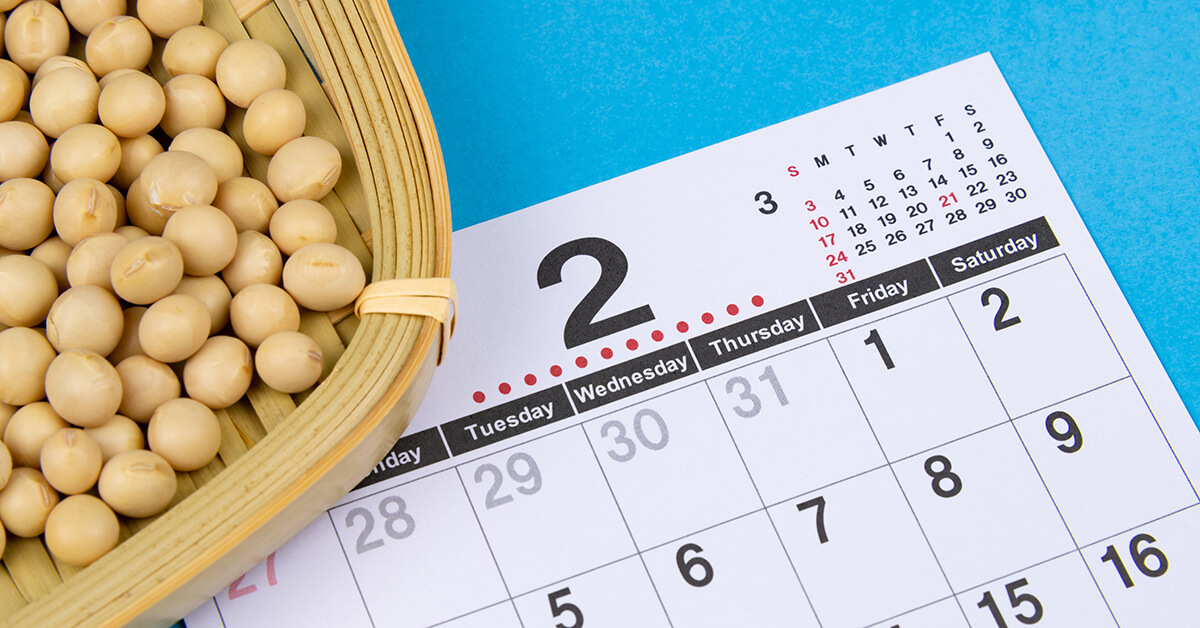
We have summarized various ways to say Thank you in 10 Ways Of Saying Thank You In Japanese. Let’s look at how to say thank you to our loved ones today.
Basic Expressions
1.ありがとう。
Arigatoo.
Thanks.
This is the simplest way of saying thank you. “ありがとうございます Arigatoo gozaimasu” is a polite expression. If you remove “gozaimasu”, you can use the expression for someone you are close with. These people can be someone more senior than you, like your parents and grandparents, or someone of similar age or younger than you, like your children, lover, and friends.
2. ~てくれて、ありがとう。
… tekurete arigatoo.
Thank you for kindly…ing.
“くれる Kureru” means “to give to me”. “父が私にお金をくれます Chichi ga watashi ni okane wo kuremasu” translates into “My father kindly gives me money”. The verb “くれます Kuremasu” shows a sense of gratitude. Adding a verb (action) to the “…” part shows your appreciation for that action done. “… tekurete arigatoo” is often used as a set phrase.
3. (Name)のおかげだよ。
(Name)no okage dayo.
Thanks to (Name).
“司法試験に合格できたよ。 君のおかげだよ。 Shihooshiken ni gookakudekitayo. Kimi no okage dayo (I managed to pass the bar exam. Thanks to you)” You can use it like this.
This phrase has its roots in showing a reverent sense of gratitude toward the gods in Shintoism and the Buddha in Buddhism. It shows a deep sense of gratitude.
To families, friends, and lovers
4. いつもそばにいてくれて、ありがとう。
Itsumo sobani itekurete arigatoo.
Thank you for always being by my side.
It would be great if you can send a message during anniversaries, such as “(名前)、いつもそばにいてくれてありがとう。これからも、よろしくね。(name), itsumo sobani itekurete arigatoo. Korekara mo, yoroshikune. ((name), thank you for being always by my side. I look forward to be with you in the future.)”
5. いつも味方でいてくれて、ありがとう。
Itsumo mikatade itekurete arigatoo.
Thank you for always being by my ally.
You can send this message to friends.
6. いつも助けてくれて、ありがとう。
Itsumo tasuketekurete arigatoo.
Thank you for always helping me out.
You can express your thanks in this way but when we receive help, we sometimes feel both thankful and apologetic at the same time. In this case, it is common to use “いつも助けてもらってばかりで、ごめんね Itsumo tasukete morattebakaride, gomenne (Thank you for always helping me out. I feel bad about it)”. “Gomenne” or “sumimasen” may seem like words of apology but it is an expression of gratitude with a sense of apology.
7. いつも支えてくれて、ありがとう。
Itsumo sasaetekurete arigatoo.
Thank you for always supporting me.
A married couple helps and supports one another in all aspects of their daily life. For example, if you say this to your wife who is a homemaker, I’m sure she would be very pleased to hear that.
8. いつも応援してくれて、ありがとう。
Itsumo sasaetekurete arigatoo.
Thank you for always supporting me.
If you wish to thank your partner for his/her mental support, you can say this.
9. 一緒に泣いてくれて、ありがとう。
Issyoni naitekurete arigatoo.
Thank you for crying with me.
10. 話を聞いてくれて、ありがとう。
Hanashiwo kiitekurete arigatoo.
Thank you for listening to me.
These phrases are good for your friends and lover who are by your side when you are down, or have lost your job, or when you fell out of love.
To lovers and spouses
11. (From male to female) 僕の彼女でいてくれて、ありがとう。
Bokuno kanojyode itekurete arigatoo.
Thank you for being my girlfriend.
“Arigatoo gozaimasu” is a polite expression but the word “I” in Japanese is different for gender. “僕 Boku” gives a polite image but “俺 Ore” gives a wild image. Use the appropriate word for “I” according to your image.
12. (From female to male) 私の彼氏でいてくれて、ありがとう。
Bokuno kanojyode itekurete arigatoo.
Thank you for being my boyfriend.
When a female wants to say the word “I”, she can use “あたし atashi” in addition to “わたし watashi”. “Atashi” is mostly used by young women and you can use it when you want to appeal your cuteness. Use either “watashi” or “atashi” according to your image.
13. ステキな奥さん(妻)でいてくれて、ありがとう。
Sutekina okusan(tsuma)de itekurete arigatoo.
Thank you for being an amazing wife.
Other than “素敵な sutekina”, you can also use “素晴らしい subarashii” or “最高の saikoo no” for “amazing”. There are many ways of saying “wife” such as “妻 tsuma” and “家内 kanai”. “奥さん Okusan” is often used but it is a slightly feudalistic phrase and some people may dislike it. Married couples who are contributing equally and financially to their families may prefer to use “tsuma”.
14. ステキな旦那さんでいてくれて、ありがとう。
Sutekina dannasande itekurete arigatoo.
Thank you for being an amazing husband.
There are many ways of saying “husband” such as “夫 otto” and “主人 shujin”. “旦那 danna” and “主人 otto” come from the word “master” and are feudalistic phrases but “otto” may give off a sense of warmth.
15. ステキなパートナーでいてくれて、ありがとう。
Sutekina paatonaade itekurete arigatoo.
Thank you for being an amazing partner.
Couples who choose not to get married or same-gender couples may use the above phrase instead.
To your child
16. 生まれてきてくれて、ありがとう。
Umarete kitekurete, arigatoo.
Thank you for coming into our lives.
You can say this when you have a baby. The direct translation is “Thank you for being born” and may not be used so often in English. However, this expression is quite common in Japanese.
17. 幸せを運んできてくれて、ありがとう。
Shiawasewo hakondekitekurete arigatoo.
Thank you for bringing us happiness.
You can use this on a birthday card to your child. You can also add “大好きだよ daisuki dayo (I love you)” or “愛しているよ aishiteiruyo (I love you)”
18. 優しい子に育ってくれて、ありがとう。
Yasashiikoni sodattekurete arigatoo.
Thank you for growing up to be a nice child.
You can tell this to an older child.
To your parents
19. 産んでくれて、ありがとう。
Undekurete arigatoo.
Thank you for giving me life.
This phrase is rarely used in English and the direct translation is “Thank you for giving birth to me”. This may be a good phrase to use for your parents or mother.
20. 今まで育ててくれて、ありがとう。
Imamade sodatetekurete arigaoo.
Thank you for raising me up till now.
This expression is often used by a bride and bridegroom to their parents at the wedding ceremony. It is used when the couple is going to leave their homes and build a new family.
21. 二人の子供でよかった。
Futarino kodomode yokatta.
I am thankful to be your child.
The direct translation of “二人 futari” is “2 persons”. Here, it means your father and mother. If you replace it with “お母さん okaasan (mother)” or “お父さん otoosan (father)”, you can use this on a card during Mother’s Day or Father’s Day.
We’ve summarized some expressions of thank-yous to our loved ones in the above content. If you have a Japanese friend, lover, spouse, or child, try using these words of gratitude to your loved ones in Japanese.






